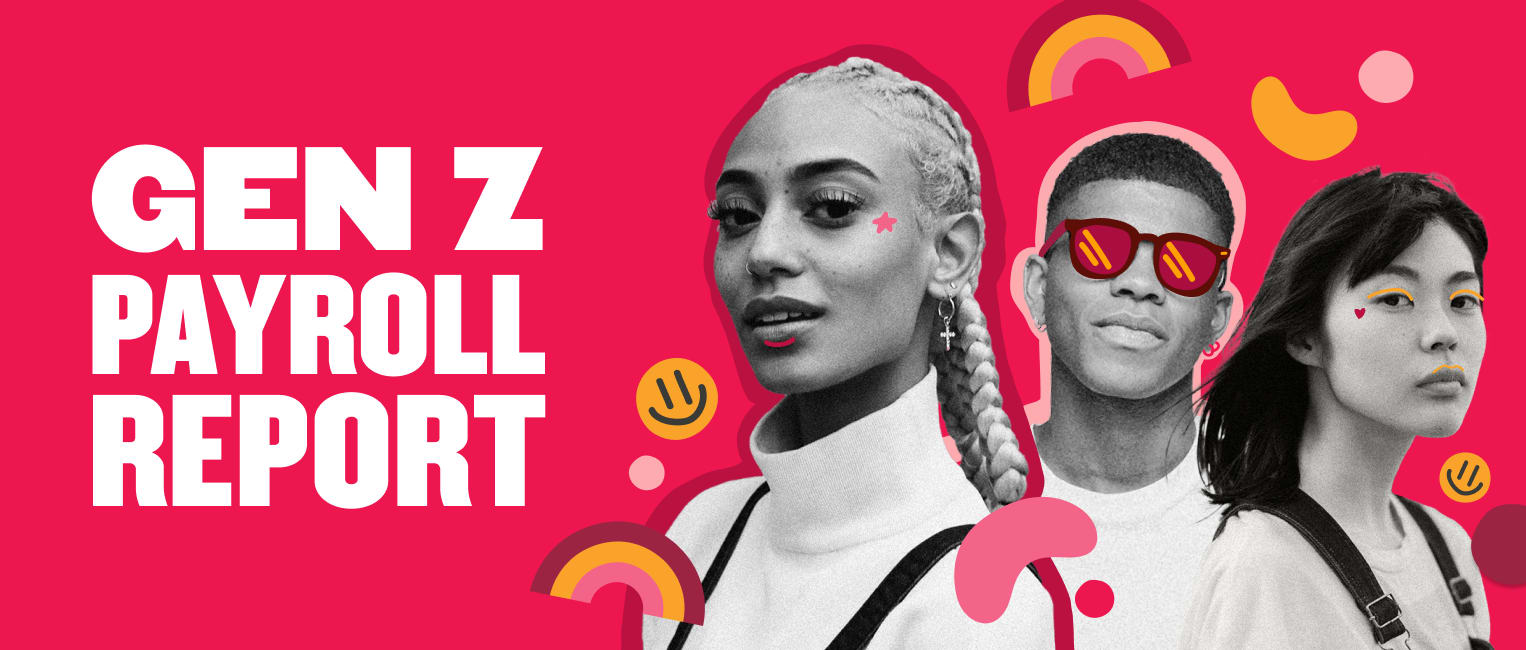The role of HR leaders has been undervalued by executive teams for a long time. Of the 80 FTSE 100 companies that publish their leadership team on their corporate website, less than half (40%) have a HR leader / Chief People Officer (CPO) or equivalent.
Our recent research reveals almost all (95%) working Brits believe HR representation on the executive team is important, juxtaposing the reality of modern companies. An overwhelming three-quarters (73%) believe HR should significantly influence a company’s strategy, which can only be done at executive level.
When asked why HR leaders are often not represented or underrepresented on senior company executive teams, 47% of UK workers believed it was due to the commonly held view that HR is not a strategic function. This couldn’t be further from the truth, especially, as a new generation enters the workforce. Our research identifies Gen Z (18-to-24-year-olds) as one of leadership teams’ biggest challenges, bringing a fresh set of obstacles and opportunities.
As the most financially vulnerable generation – disproportionately affected by inflation, higher housing costs, larger student loans and more debt – Gen Z desperately need the security of on time and accurate payroll. CPOs are best placed to help with this and ensure talent retention.
Companies who want to stay ahead of the curve and capture the best talent heading into 2025 need to understand this generation and learn how to get the best out of them. HR support is needed at the highest level to be able to do this.
We’ve surveyed UK workers to understand the challenges of Gen Z in the workplace, alongside insights into their biggest motivator – on-time, accurate payroll. Based on the insights revealed in this report, businesses cannot deny the need to have HR representation on the executive team.
Key points:
- Gen Z’s challenges outweighed by their creativity and adaptability
- Payroll errors hit employees hard – especially Gen Z
- Call for executive teams to give HR leaders a place at the table
- Gen Z’s challenges outweighed by their creativity and adaptability
Set to make up 27% of the workplace by 2025, Gen Z brings unique ideas and fresh perspectives to businesses. Fresh perspectives, however, bring fresh challenges…
- Seven in 10 (70%) managers think companies struggle to manage young employees.
- 79% notice occasional conflicts between generations with 20% noticing them frequently.
- Almost a quarter (24%) of UK workers state they would replace all younger generation employees with older counterparts if they could.
When asked about the biggest challenges young people pose to companies, demands around work-life balance (62%), salary (58%) and benefits expectations (44%) were all prominent concerns. Existing difficulties were revealed as attitudes towards authority (41%), emotional intelligence (38%), and level of professionalism (34%).
Despite the woes they cause, and some Brits wanting to replace young workers with older people, 70% of respondents prefer working with or employing younger generations for their creativity and adaptability. Two skills lacking from the older generation, according to most UK workers.
The challenges referenced are not unique, they’re typical of any new generation entering the workforce. Businesses need to leverage HR to support Gen Z employees and maximise their potential as they enter the workforce, overcoming typical teething issues. Companies can foster a workplace that harnesses the strengths of all employees, by recognising the value Gen Z brings.
- Payroll errors hit workers hard – especially Gen Z
A Cigna Survey of 12,000 global workers showed over one in three (39%) Gen Z cite financial insecurity as their leading stressor, compared to 34% of Millennials (25-to-34-year-olds) and 29% of 50-to-64-year-olds. Gen Z need employers who provide the comfort of on-time and accurate payroll, every time.
Almost one in seven (13%) think about their work salary or pay rate daily and are the generation most likely to check their payslip carefully to ensure accuracy (30%).
Delivering on-time payroll seems simple, yet nearly a quarter (23%) of UK employees have experienced an incorrect salary payment or found mistakes in their pay packet at least once in the past year. Repercussions of such errors weigh heavily on Gen Z who when asked what impact an incorrect payslip would have, said they’d struggle to pay their bills (40%), consider looking for a new job (22%) and lose sleep worrying about finances (22%).
Impacts of incorrect pay have adverse effects across generations. For Millennials incorrect pay erodes trust in their employer (43%) and causes them to feel undervalued and disrespected (40%). For Gen X (45-to-54-year-olds) incorrect pay would be an admin headache that would frustrate them (40%).
Almost half of UK workers (49%) think the CFO / Financial Director should be the one responsible for ensuring payroll is correct, accurate and on-time. Yet 20% don’t think the CEO / CFO of the company have a good understanding of the impact incorrect pay can have on people.
HR teams are not only involved in the payroll process but understand the day-to-day needs of employees. Fundamentally, they know the importance of getting it right, every time – especially as a new, financially vulnerable generation joins the workforce.
- Call to businesses to put CPOs on the board
When asked who should deal with younger colleague issues, 40% of managers said HR. As mentioned, 95% of UK workers think it is important for companies to have HR representation on the executive team, with 65% thinking it is very important. We asked our CEO, Ronni Zehavi about his opinion on the research and having HR leaders represented on executive teams. He said:
“Historically, C-suites have focused on business-critical issues that didn’t involve employee wellbeing or demographic societal shifts. Our research identifies Gen Z as one of leadership teams’ biggest challenges. Each generation brings their own unique set of challenges and opportunities to the workplace.
“The HR function is critical to getting the best out of all organisations and in turn, delivering the best for the business. Employees want HR leaders to have a strong influence on company strategy, as they trust these individuals to protect and advocate for employees. To maximise their potential in today’s intergenerational workplace, UK businesses must appoint HR leaders to the C-suite.”
Recommended For Further Reading
Conclusion
There is a significant gap between employee expectation and business reality on HR C-suite representation. Our research clearly identifies why this needs to change, inviting HR leaders to be involved in decision-making. Only by creating a space for CPO’s on executive teams and tapping into HR expertise can businesses tackle Gen Z concerns, including payroll, to ensure talent retention of our future business leaders.
As companies navigate the complexities of an intergenerational workforce, the integration of HR leadership into the C-suite emerges not just as a best practice but as necessary change to create a motivated, productive workforce.
About the survey
HiBob’s research on Gen Z in the workforce and payroll took place over August 2024 and provides insights from an audience of 2000 respondents aged 18 to over 54. Of the responses, 44.2% are female, while 55.75% are male. Additionally, there are participants who identify as trans and those who prefer not to specify, 0.05%. In terms of work arrangements, 64.55% are managers of people and 35.45% are individual contributors. The survey was conducted on Pollfish.

From Natalie Homer
Natalie is a B2B PR and corporate communications expert specialising in running global press offices. A fitness fanatic and vintage junkie, when she isn't pitching stories to journalists, she'll either be at the gym or treasure-seeking in thrift stores.
